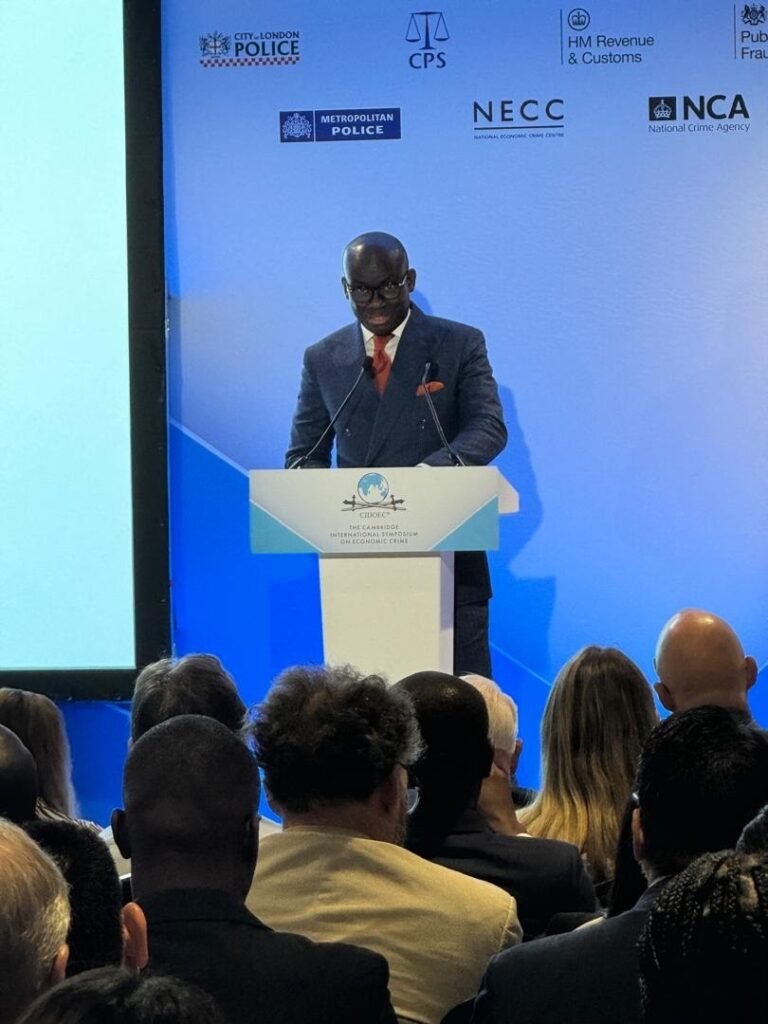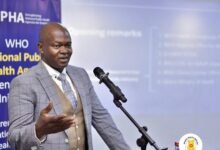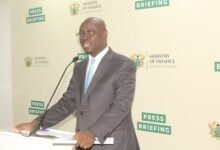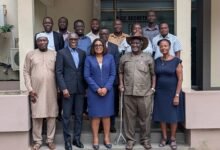
The world can develop a proper response to the dangers posed by economic crime only through a coordinated effort based on mutual cooperation between criminal justice partners and the private sector, the Attorney-General and Minister of Justice, Mr Godfred Yeboah Dame has said.
He was speaking at the 41st Cambridge Economic Crime Conference held at Jesus College at the Cambridge University, Cambridge, UK.
Mr Dame, in his keynote address to the conference which commenced from September 1-8 told colleague Attorneys-General, prosecutors, heads of police and judicial officers and other stakeholders in the fight against cross-border economic and financial crimes to step up cooperation in order to root out the growing global phenomenon.
“The next, as I have said before, criminals exploit differences between countries to further their objectives, enrich their organisations, expand their network, and avoid detection or apprehension,” he said.
The Attorney-General and Minister of Justice asked for free international data sharing to combat cross-border economic crime.
Apart from being simply unconscionable for perpetrators of economic crime to conceal or keep the fruits of their crimes, for the relatively less developed world such as Ghana, Mr Dame said the phenomenon breeds mistrust and denies the nation the much needed revenue for the execution of lofty development projects.
“Thus, the quest to recover the assets of criminals obtained from criminal enterprise places law enforcement agencies squarely in the position to contribute to the national purse since a success in that regard makes them a major generator of revenue,” the Attorney-General said.
Touching on plea-bargaining, the Attorney-General and Minister of Justice said that although it was a means of fighting crime and recovering stolen assets, the situation where prosecutors are “motivated by the sole objective of recovering supposed proceeds of crime in a situation where the accused persons plainly refuse to admit responsibility for the commission of those crimes, is an unwanted paradox inimical to the rationale for the existence of criminal laws.”

“The prosecutors will face a real risk of sacrificing their reputation and creating a false impression of having compromised their professional integrity and duty to prove the commission of an offence on the altar of making money for the State, or providing a shield from prosecution to accused persons. A delicate balance, therefore, ought to be struck,” he said.
He explained that plea bargaining should as much as possible be entered into on the basis of a clear acknowledgment of responsibility for the commission of crime, especially financial and economic crimes which directly affect the use of the national purse.
On domestic efforts of Ghana to deal with economic and financial crimes as well as to recover suspect assets, the Attorney-General and Minister of Justice indicated that some three legislations; the Economic and Organised Crimes Office Act, 2011 (Act 804), the Office of the Special Prosecutor Act, 2017 (Act 959) and the new Companies Act, 2019 (Act 992), were in force and helping to trace and recover the assets of criminals.
He said three mechanisms stipulated in sections 24, 25, and 29 of the EOCO Act, position Ghana’s Economic and Organised Crimes Office as a key institution for the recovery of the proceeds of crime in Ghana.
BY MALIK SULLEMANA






